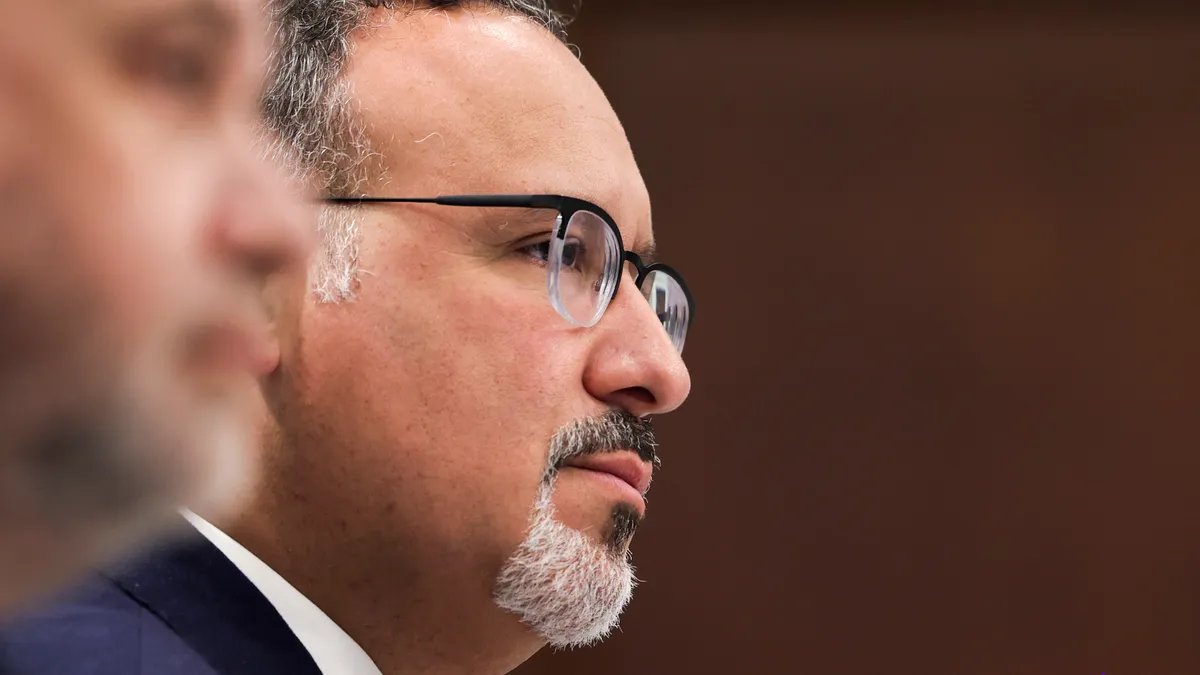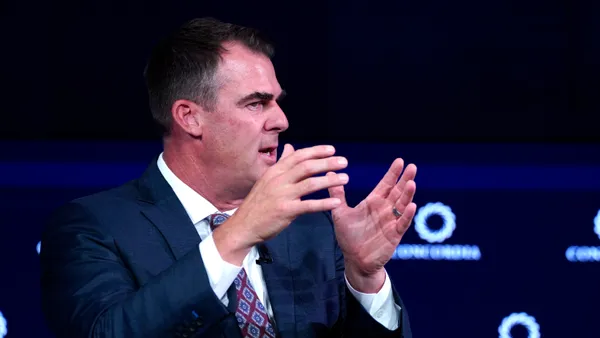Dive Brief:
- Schools often are warned that they aren’t adequately preparing American students for future jobs, but there is evidence those concerns are based on inadequate research or the wrong conclusions from data, according to Chalkbeat.
- Education Secretary Betsy DeVos and advocates for a variety of popular initiatives in education — from charter schools to personalized learning and increased use of technology in the classroom — are among those who say we aren’t preparing students for high-tech jobs and other dramatic changes in workforce needs.
- However, Chalkbeat reports, some of the data used to make the argument is “overstated or misleading,” and some economists actually believe innovation and dramatic change won’t happen nearly as fast as others believe, with many current types of work continuing to persist.
Dive Insight:
The federal Bureau of Labor Statistics data shows that while there will be a demand for software engineers, needs also will be the greatest for personal care aides, food prep workers, waiters and tradesmen between now and 2026.
Some experts say that the problem with education not matching employer needs is caused by a lack of good information flowing to educators from employers. Groups like the Workforce Data Quality Campaign hope to improve that pipeline of data and recommend federal action to make it more reliable.
A recent Georgetown University report suggested that some states are trying to rectify that problem, especially at the college level, though it starts with good information available even to middle school students.
At the other end, experts suggest that schools don’t spend enough time allowing students to examine information about careers available and explore their interests. In several states, platforms such as Virginia Education Wizard offer students an opportunity to explore their interests and skills, providing current data about options for post-secondary education and jobs. It includes an “Imagine” game that gets students to look deeper at careers and at income and training needed for the lifestyle they desire.
A Launch My Career application developed by the American Institutes for Research is also available in several states. It analyzes the value of postsecondary tracts and the earnings potential of career options, additionally listing “hot jobs” in demand and the training needed for them.













